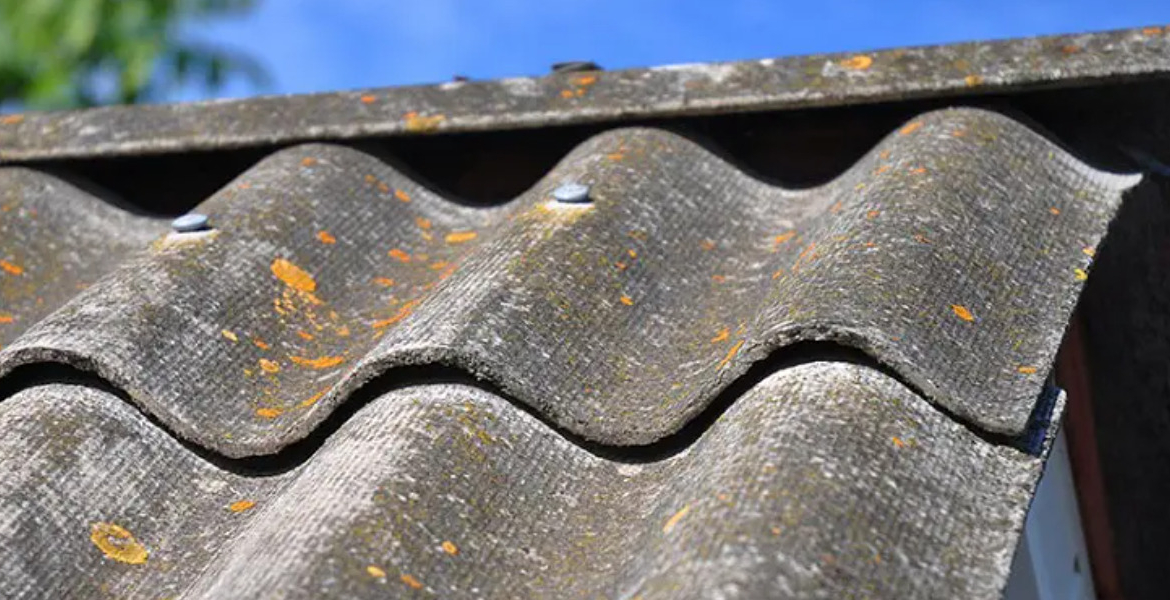CS Barasa Orders Nationwide Removal of Asbestos Roofing Over Health Risks

Kenya's Environment Cabinet Secretary, Deborah Barasa, issued a directive on June 5, 2025, mandating the removal of all asbestos roofing materials from buildings across the nation.
Asbestos, once a popular roofing material due to its durability and heat resistance, is a known carcinogen. When asbestos deteriorates or is disturbed, it releases microscopic fibres into the air, leading to severe respiratory illnesses such as mesothelioma, asbestosis, and lung cancer. The World Health Organisation's classification of asbestos as a carcinogen has heightened the urgency for stringent regulatory actions.
According to the directive, property owners are responsible for removing asbestos materials in compliance with the Environmental Management and Coordination Act (2024). This legislation outlines strict procedures for safe disposal to prevent environmental contamination. While no specific deadline for compliance has been set, the government emphasises the need to eliminate asbestos expeditiously to mitigate health risks.
This latest move follows an earlier directive in March 2025, when the Cabinet instructed the National Environment Management Authority (NEMA) to oversee asbestos removal from both public and private facilities. This initiative adheres to the 'Polluter Pays' principle, ensuring property owners bear the financial responsibility for the removal process. Government officials assert that eliminating asbestos roofing will reduce the future burden of asbestos-related diseases, lower healthcare expenditures, and improve living conditions.
Environmental analysts have hailed the directive as a pivotal shift in Kenya's commitment to public health and regulatory enforcement. However, the removal process presents logistical and financial challenges, particularly for owners of older buildings constructed when asbestos roofing was widely used. Experts are calling on the government to provide technical guidance and financial incentives to facilitate compliance.
Beyond the immediate health concerns, the directive is part of broader efforts to uphold constitutional environmental rights. Article 42 of Kenya's Constitution guarantees every citizen the right to a clean and healthy environment, a principle reflected in national environmental policies.








Add new comment